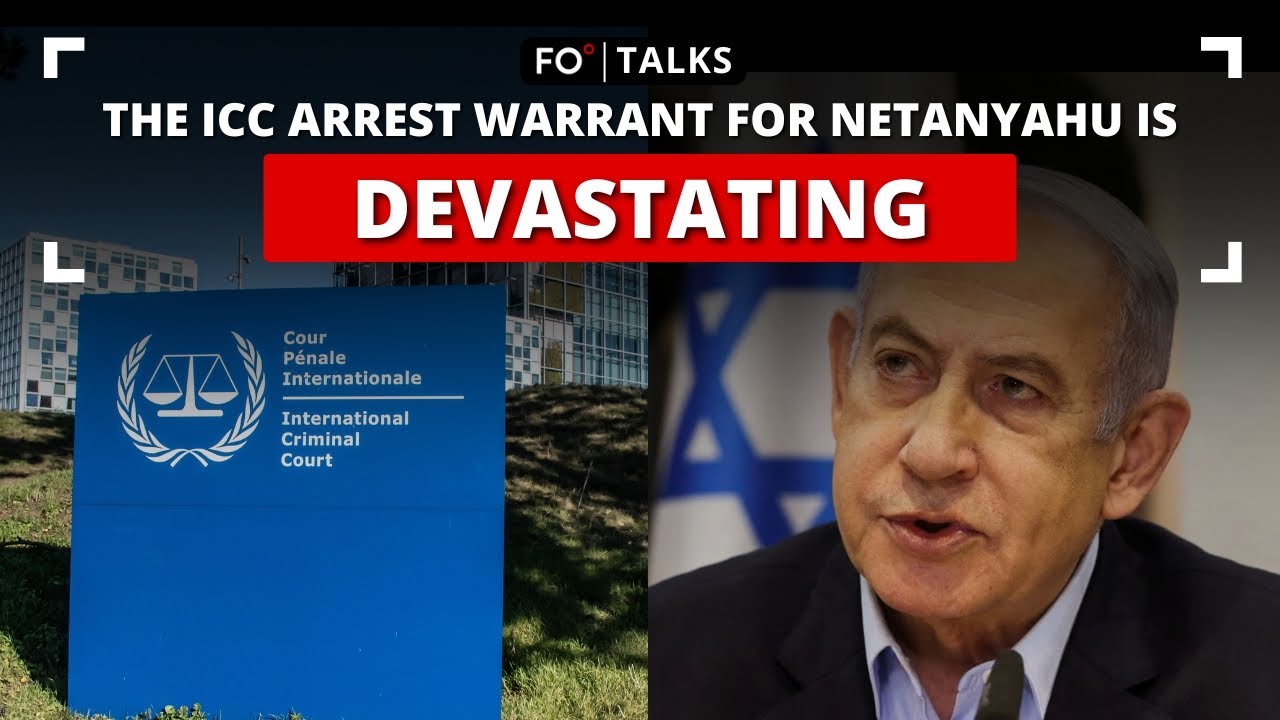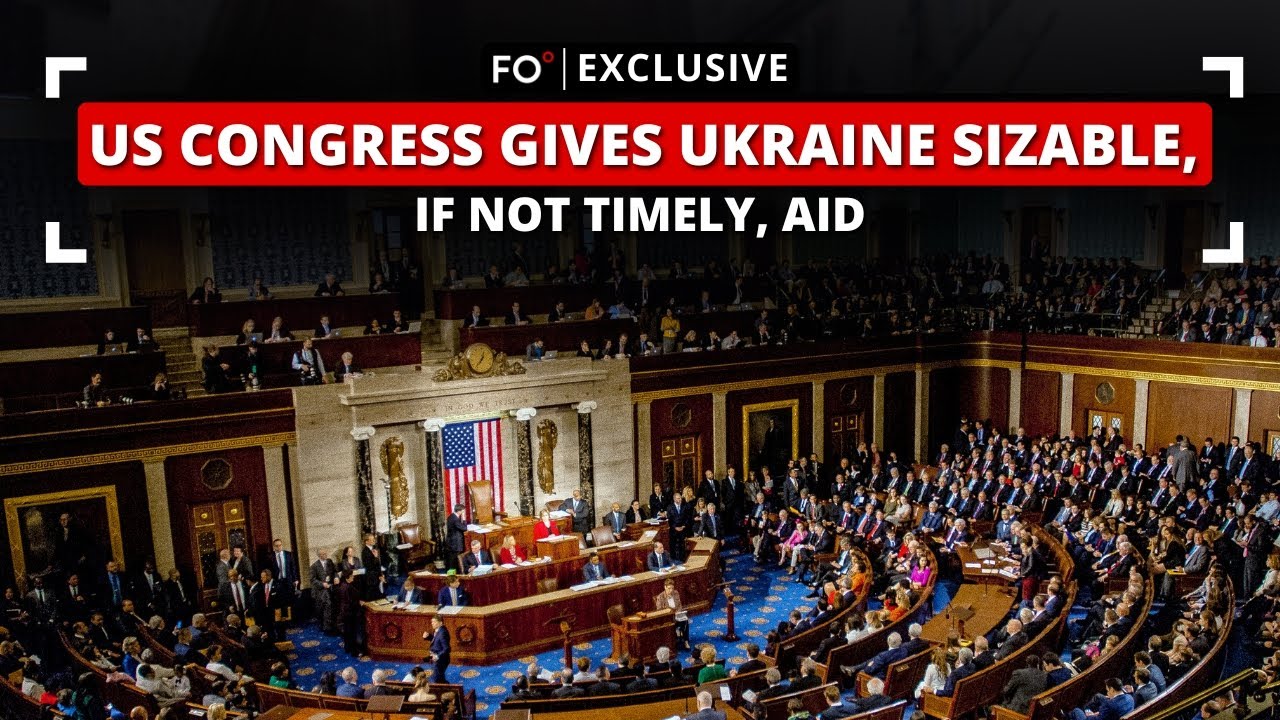Shadi Hamid reimagines the ongoing debate on democracy's merits and proposes an ambitious agenda for reviving the lost art of democracy promotion in the world's most undemocratic regions.
What happens when democracy produces "bad" outcomes? Is democracy good because of its outcomes or despite them? This "democratic dilemma" is one of the most persistent, vexing problems for America abroad, particularly in the Middle East - we want democracy in theory but not necessarily in practice.
When Islamist parties rise to power through free elections, the US has too often been ambivalent or opposed, preferring instead pliable dictators. With this legacy of democratic disrespect in mind, and drawing on new interviews with top American officials, Shadi Hamid explores universal questions of morality, power, and hypocrisy. Why has the US failed so completely to live up to its own stated ideals in the Arab world? And is it possible for it to change?
The author and speaker offers an ambitious reimagining of this ongoing debate and argues for "democratic minimalism" as a path to resolving democratic dilemmas in the Middle East and beyond. In the seemingly eternal tension between democracy and liberalism, recognized by the ancient Greeks and the American founders alike, it may be time to prioritize one over the other, rather than acting as if the two are intertwined when increasingly they are not.
[small-newsletter-white]At the end of the Cold War, the democratic idea was victorious, so much so that it took on more meaning than it could bear. Democracy became a means to other ends, whether it was liberalism, economic development, or cultural progress. What if, instead, democracy was reconceptualized as its own end? What if the people are right even when they're wrong?
The views expressed in this video are the author’s own and do not necessarily reflect Fair Observer’s editorial policy.
































Comment